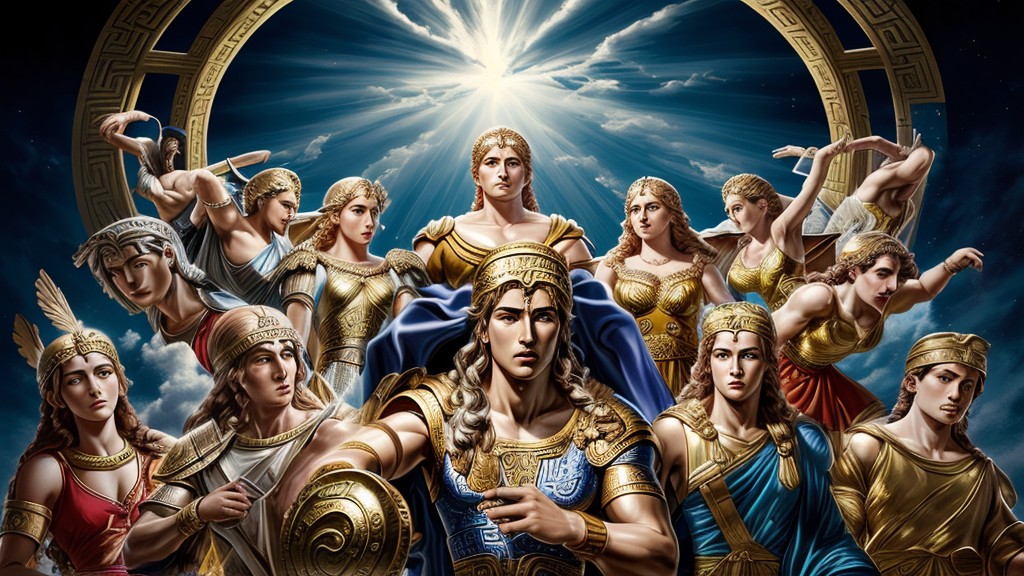
The ancient Greeks were pioneers in recognizing the therapeutic benefits of deep friction massage with olive oil for the prevention and treatment of sports injuries. Through a comprehensive study of Greek and world literature, researchers have shed light on the ancient practice of using olive oil in conjunction with massage techniques to enhance athletic performance and alleviate muscle fatigue.
Historical accounts reveal that athletes in ancient Greece, particularly those involved in wrestling and pangration, employed olive oil as a vital component of their pre-exercise regimen. The process involved a gradual increase in the intensity of massage, starting with a gentle dry rub using the palm of the hand. This preparatory massage not only physically prepared the athletes but also psychologically primed them for competition.
The massage, performed by individuals with specialized knowledge of human anatomy, aimed to enhance blood circulation, increase flexibility, and prevent sports injuries. The application of olive oil provided lubrication to the skin, making the body more flexible and less susceptible to injury during athletic activities. Additionally, the post-exercise massage with olive oil facilitated faster recovery by promoting blood flow and removing metabolic by-products such as lactic acid from fatigued muscles.
Ancient texts by philosophers and physicians such as Hippocrates, Aristotle, and Philostratus provide insights into the therapeutic benefits of olive oil massage. References to the use of olive oil in treating injuries and promoting overall well-being underscore its significance in ancient sports medicine.

Modern research corroborates the efficacy of deep friction massage with olive oil for the prevention and treatment of sports injuries. Studies have shown that massage enhances blood flow, reduces muscle fatigue, and accelerates recovery. The analgesic properties of massage further alleviate muscle pain and discomfort.
While the ancient Greeks recognized the benefits of olive oil massage, further scientific research is needed to explore its potential applications in modern sports medicine. The findings of this research serve as a catalyst for future studies aimed at elucidating the therapeutic effects of olive oil massage and its relevance in contemporary athletic training and rehabilitation.
The ancient practice of using olive oil for deep friction massage underscores its enduring significance in sports medicine. By incorporating this time-tested tradition into modern healthcare practices, we can harness the therapeutic benefits of olive oil massage to optimize athletic performance and promote overall well-being.
Experience the timeless benefits of an at-home oil massage with our premium body oils. Elevate your at-home massages with our meticulously crafted blends, designed to rejuvenate your body and soothe your senses. Treat yourself to the luxury you deserve and discover the transformative power of our exquisite goddess oils today.










